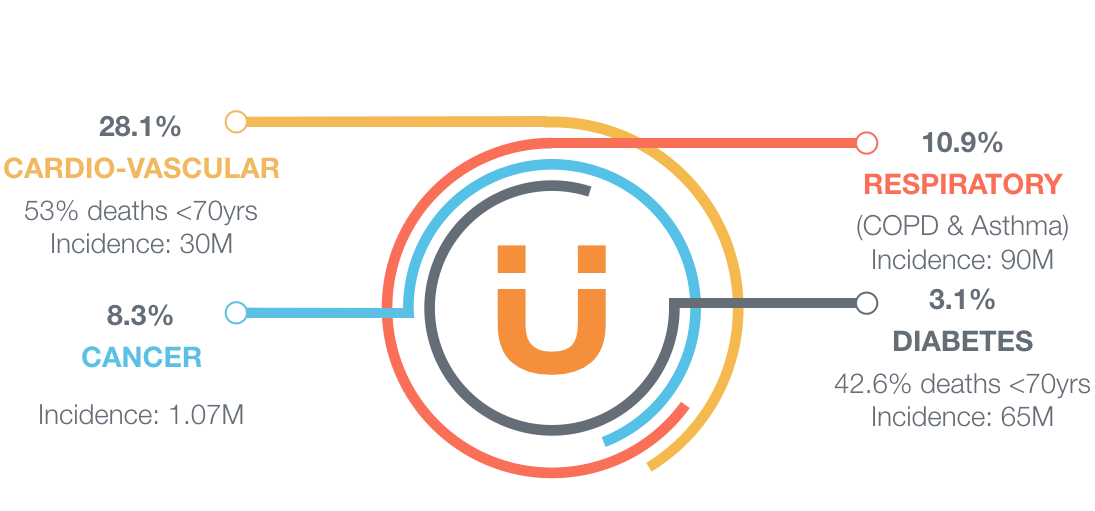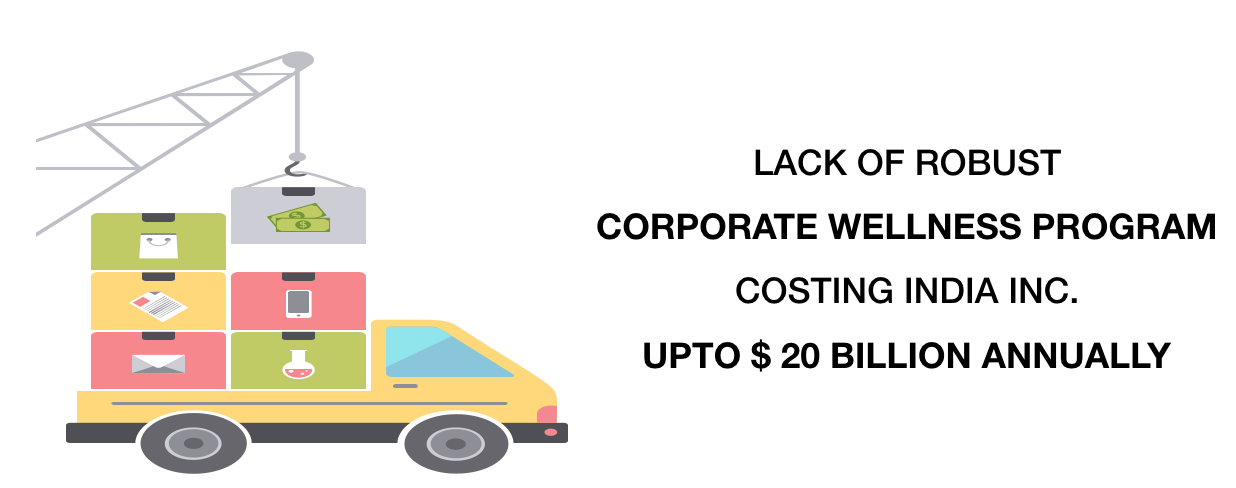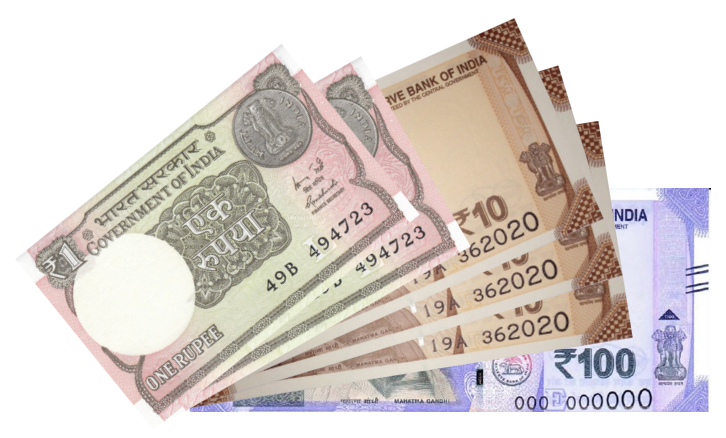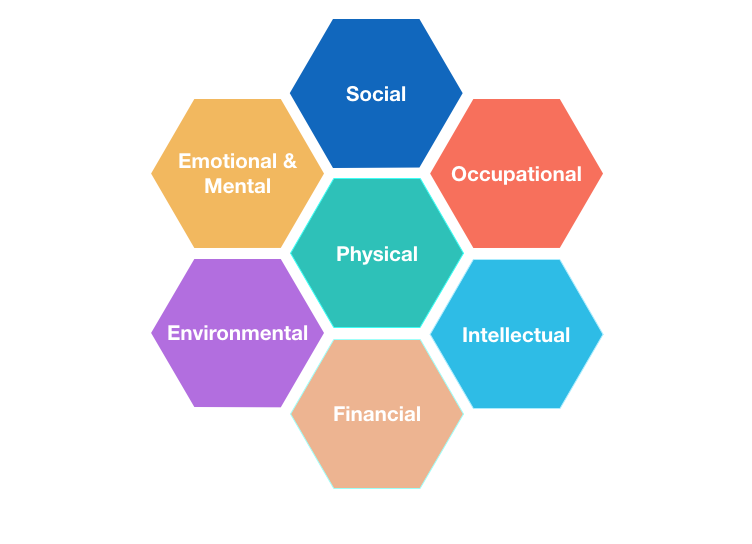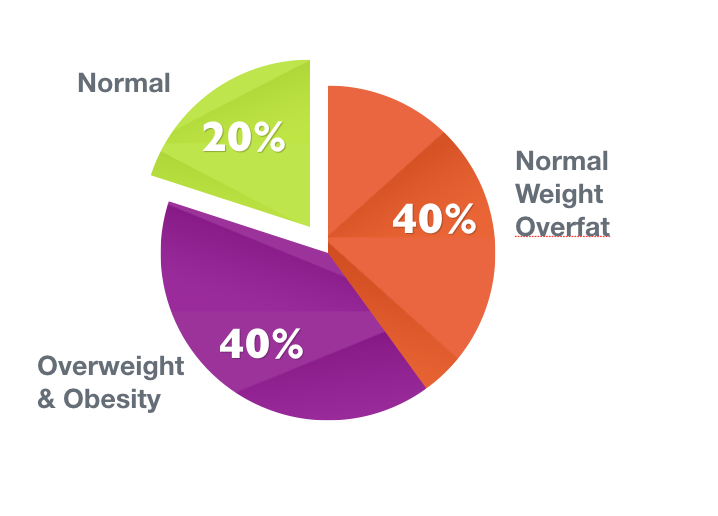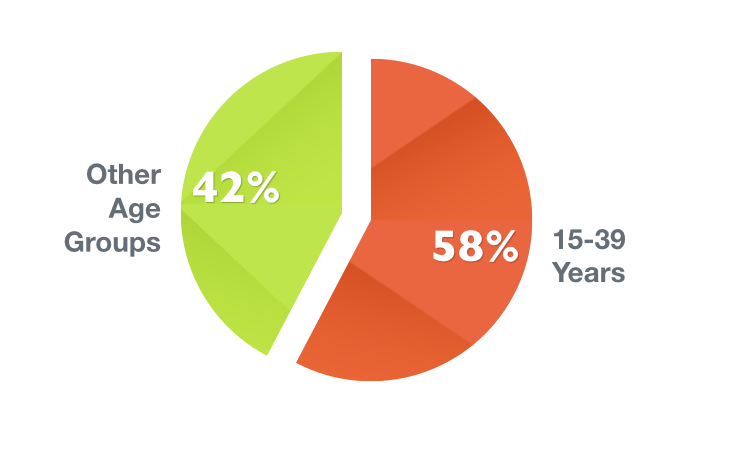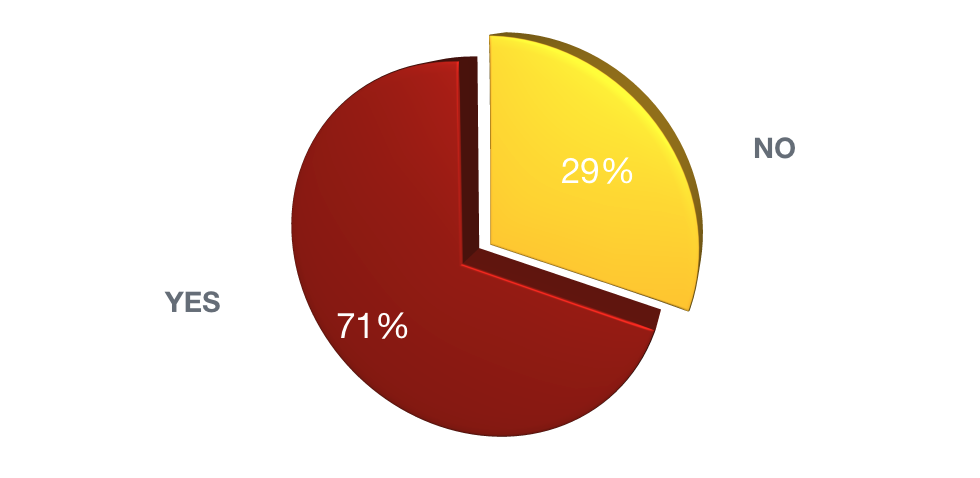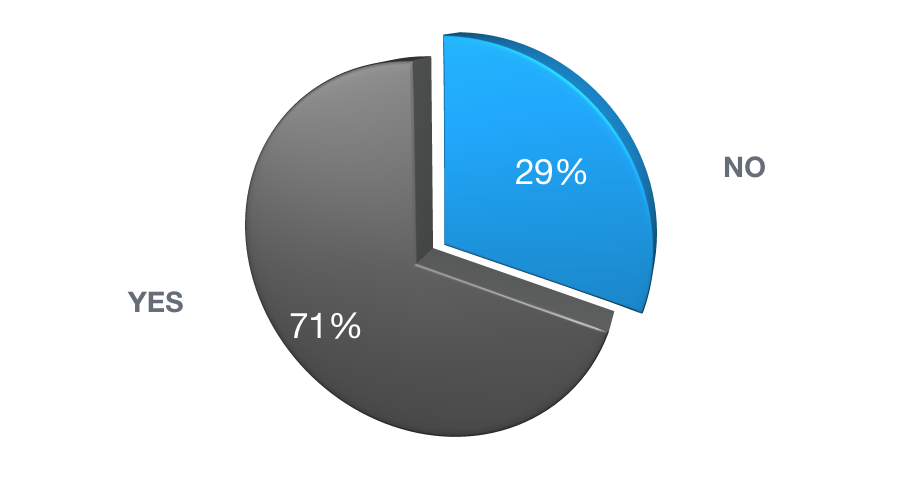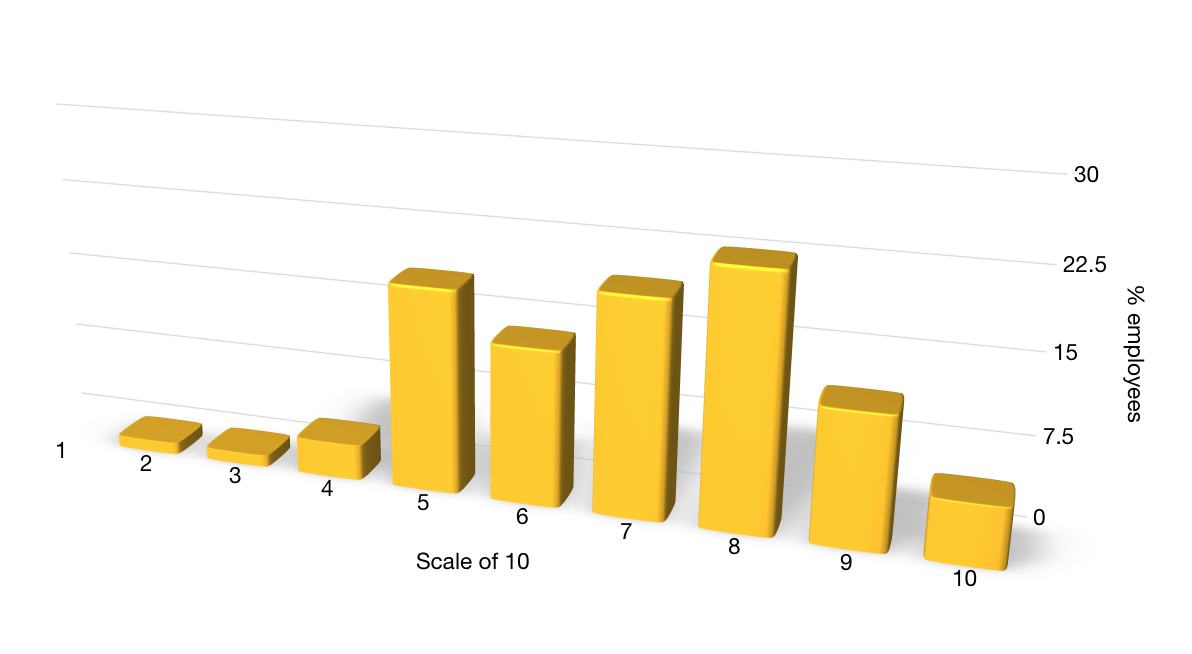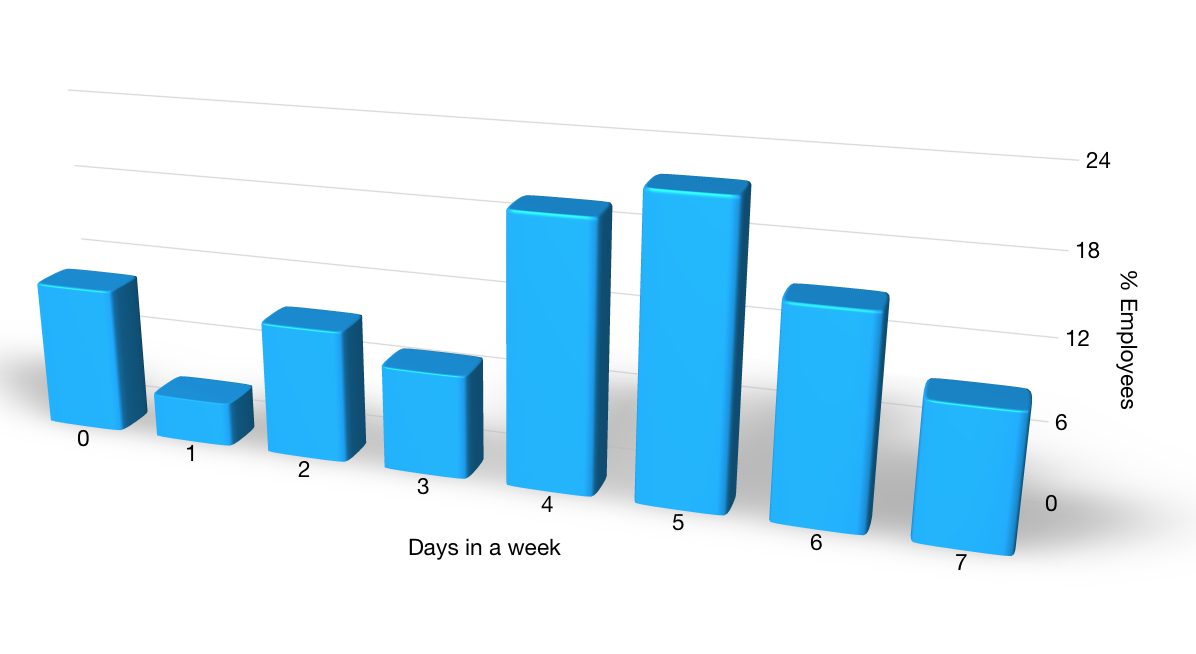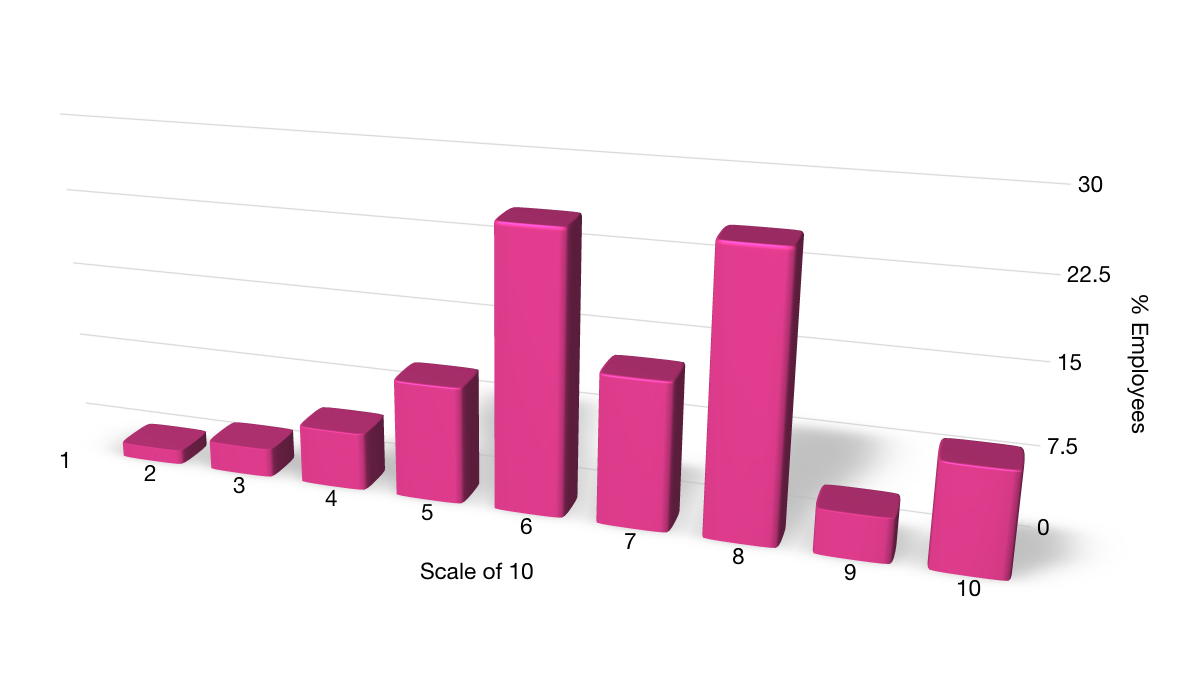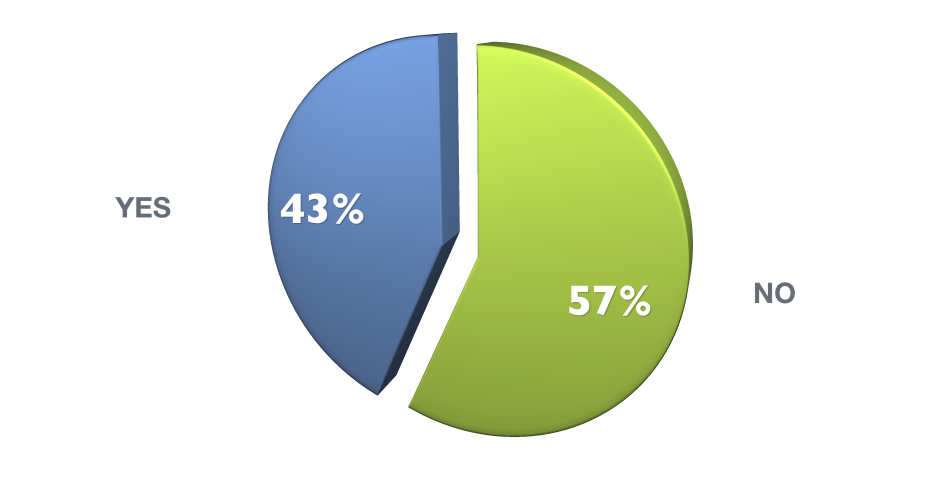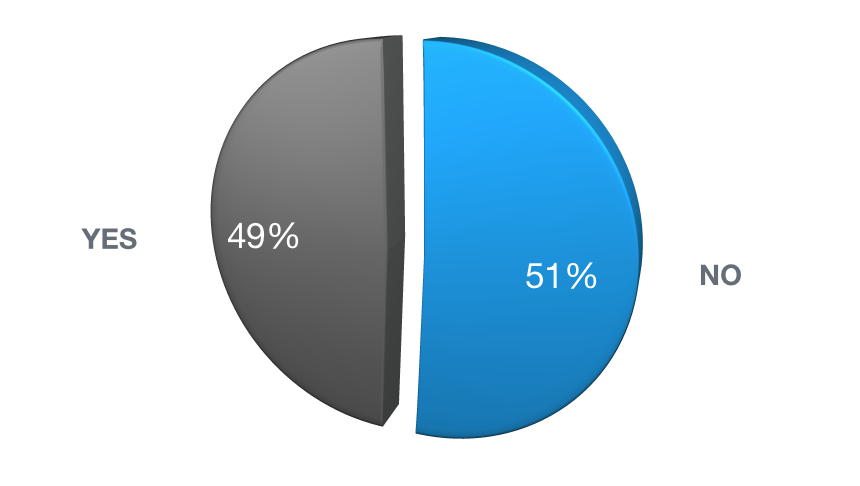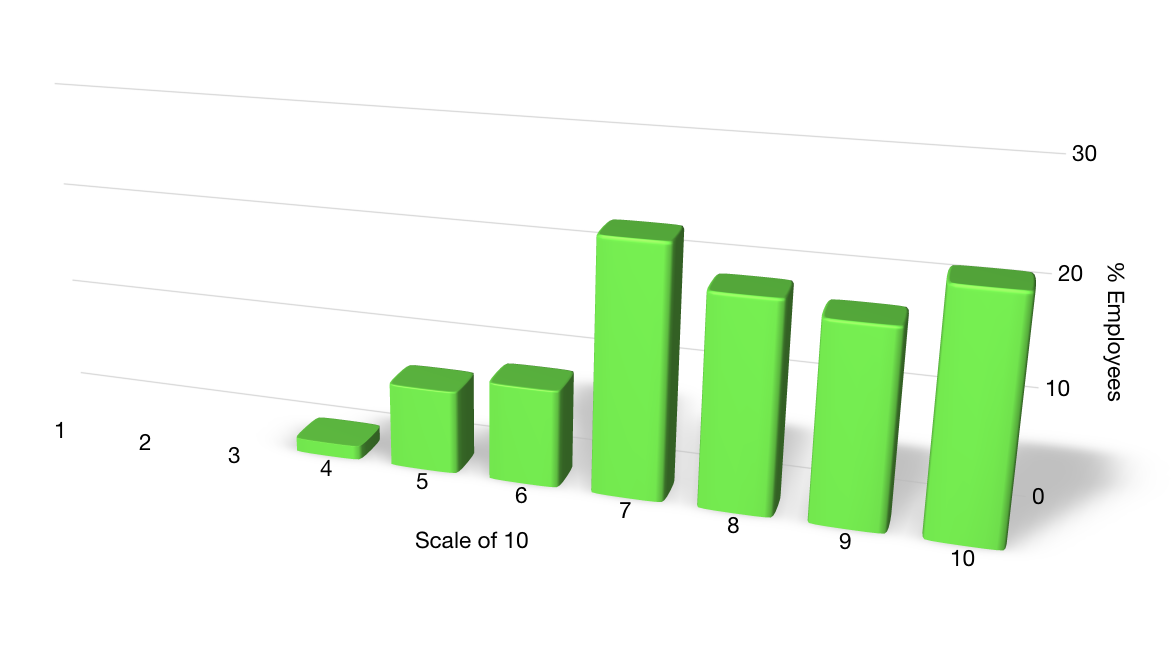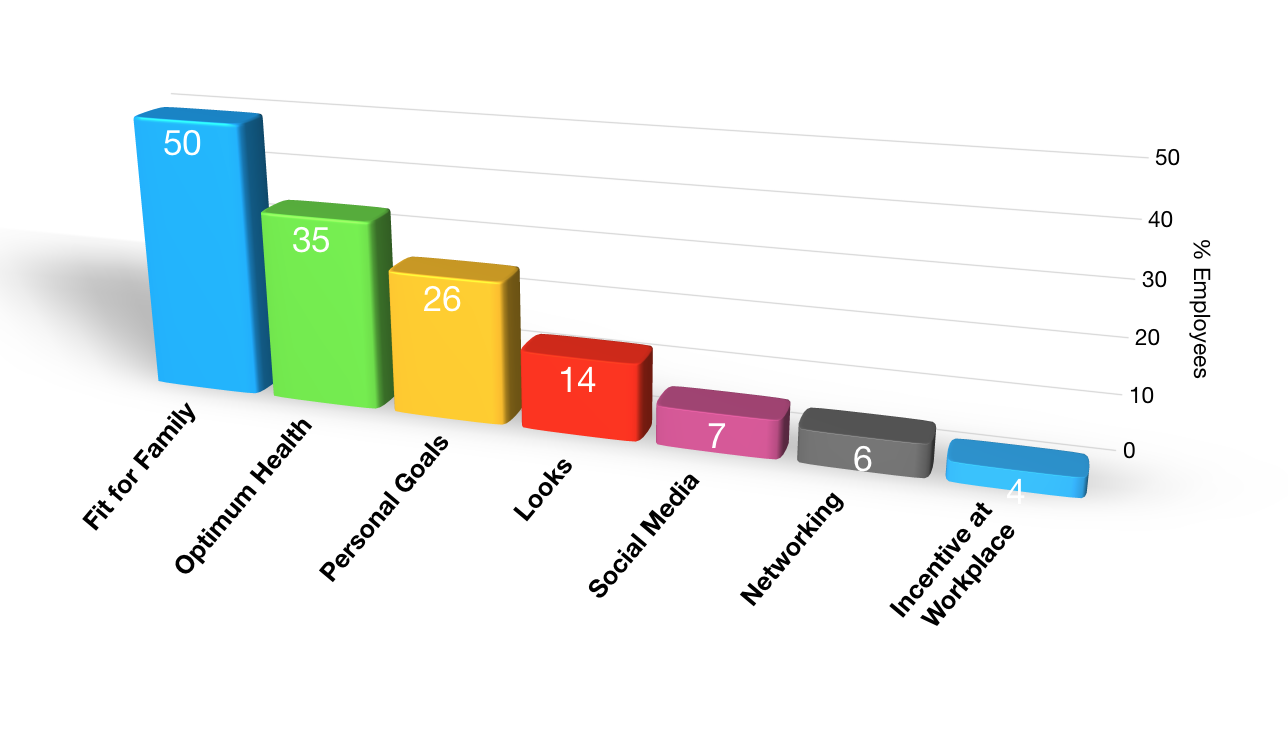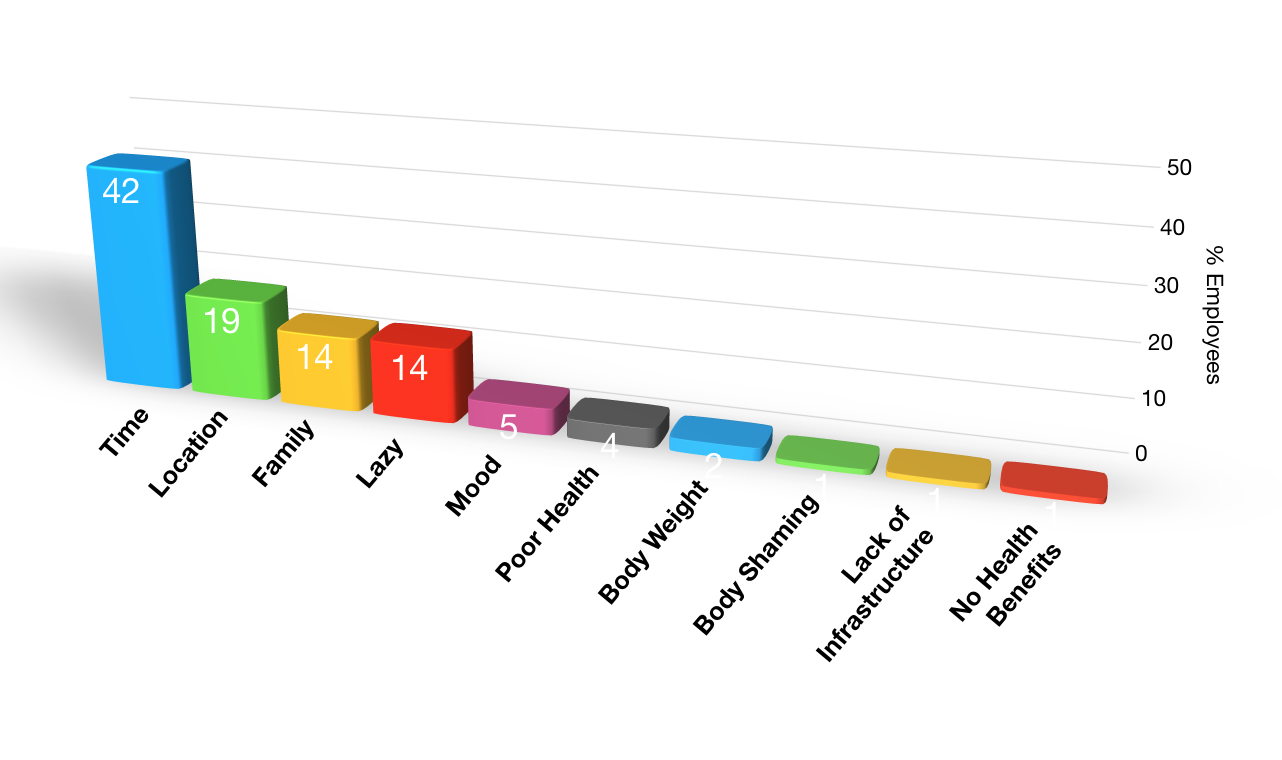
Why the white-paper?
(It’s work in progress and will be all done in next few hours)
Has the young Indian workforce, that a decade ago was considered a boon for India Inc., become a bane?
Maybe yes, if you look at it from corporate point of view.
But what about as an individual? What about YOU personally?
Even though India is a young country with a median age of 27 years, today’s lifestyle has led to a healthcare and fitness catastrophe. This in turn has been affecting the productivity of all corporates. Lack of robust corporate wellness programs is costing India Inc. extra $20 billion, an amount that most of us can't even comprehend. That money could have been saved targeting as little as 1% reduction in employee absenteeism because of disease.
Today we don't die as young as we used to a few decades earlier, but that doesn't mean our quality of life is any better, as a matter of fact, it is far worse. Lifestyle diseases like Cardio-Vascular (heart conditions), Cancer, Chronic Respiratory Diseases and Diabetes play havoc today, first by bankrupting you both financially and emotionally, and then by contributing to premature deaths in to approximately quarter of Indians (30–70 years).
On top of that, courtesy social media, we are not even in touch with ourselves. Suicide was the leading cause of death in India in 2016 for those aged 15–39 years, i.e. both potential and current corporate employees. A reality we can't anymore shy away from. The fabric of our society is falling apart.
Usually policy papers on health and fitness are written by so called expert(s), passing a judgement on everyone, telling them how to live their lives without knowing anything about them.
Here the intent is to co-author this important document with each and everyone of YOU, because each one of YOU matter. Each one of YOU is what makes India Inc. what it is. It simply didn’t appear from nowhere. You came first. It’s time to yet again to focus on YOU!
What’s in it for you?
60-70% of YOU are going to die, before your original expiry date, because of the choices YOU make.
What’s in it for the Coprorates, the employers?
For every rupee spent by the employers targeting 1% reduction in absenteeism.
Employers get Rs. 132.33 as a saving on absenteeism cost.
Plus get Rs. 6.62 back as reduced health care costs.
Source: Corporate Wellness Programme: Benefits to Organisation & Economy - Associated Chambers of Commerce and Industry of India (ASSOCHAM)
MODIFIABLE RISK FACTORS
Behavioural risk factors
Metabolic risk factors
You: The Nucleus
Get Back to the basics
Tree of Yoga: Understanding our strengths
Wholistic Wellness and it’s benefits
Multidimensional approach to Wellness
Other benefits of Sports and Group Activities
OVERFAT INDIA INC.
The accumulation of excess body fat that can impair health and contribute to chronic disease
Increased consumption of processed foods, esp. dietary sugar, can offset the benefits of exercise, play a contributory role in OverFat pandemic in India.
Relationship between OverFat, Chronic Inflammation & Insulin Resistance leading to CardioMetabolic Impairment
Source: Maffetone P., Khopkar M, The Overfat Pandemic in India. Global Epidemic Obesity 2018; Vol 6: Article 2.
STRESSED OUT INDIA INC.
The number of employees clinically stressed out is staggering.
Proportion of workers at high risk of suicide due to unmanaged stress of all counselling cases in 2018
Causes of stress among Corporate Employees
Survey conducted by Optum among 8,00,000 employees in 70 large companies, with a minimum workforce of 4,500
SUICIDE: LEADING CAUSE OF DEATH IN 15-39 YRS
Suicides in Indian Women
Suicides in Indian Men
Source: Gender differentials and state variations in suicide deaths in India: the Global Burden of Disease Study 1990–2016
CONSEQUENCES OF WORK RELATED STRESS
Call to action
GOYA (Get Off Your Arse)
Idea was to get you thinking about you and your position on the health continuum. This is a work in progress and as soon as you identify that there is a need to address gaps in health and fitness, and how to go about doing it, it's game on.
Also, please fill out the questionnaires and submit them to us. Your responses will help us come up with customized suggestions.
We also need to identify that this is a generic plan and that it's not a one size fits all either. A detailed customised Corporate Wellness Programme can be developed on understanding basic needs and current status of the corporate.
For now, just get started.
For yourself, for your loved ones. And for India Inc.
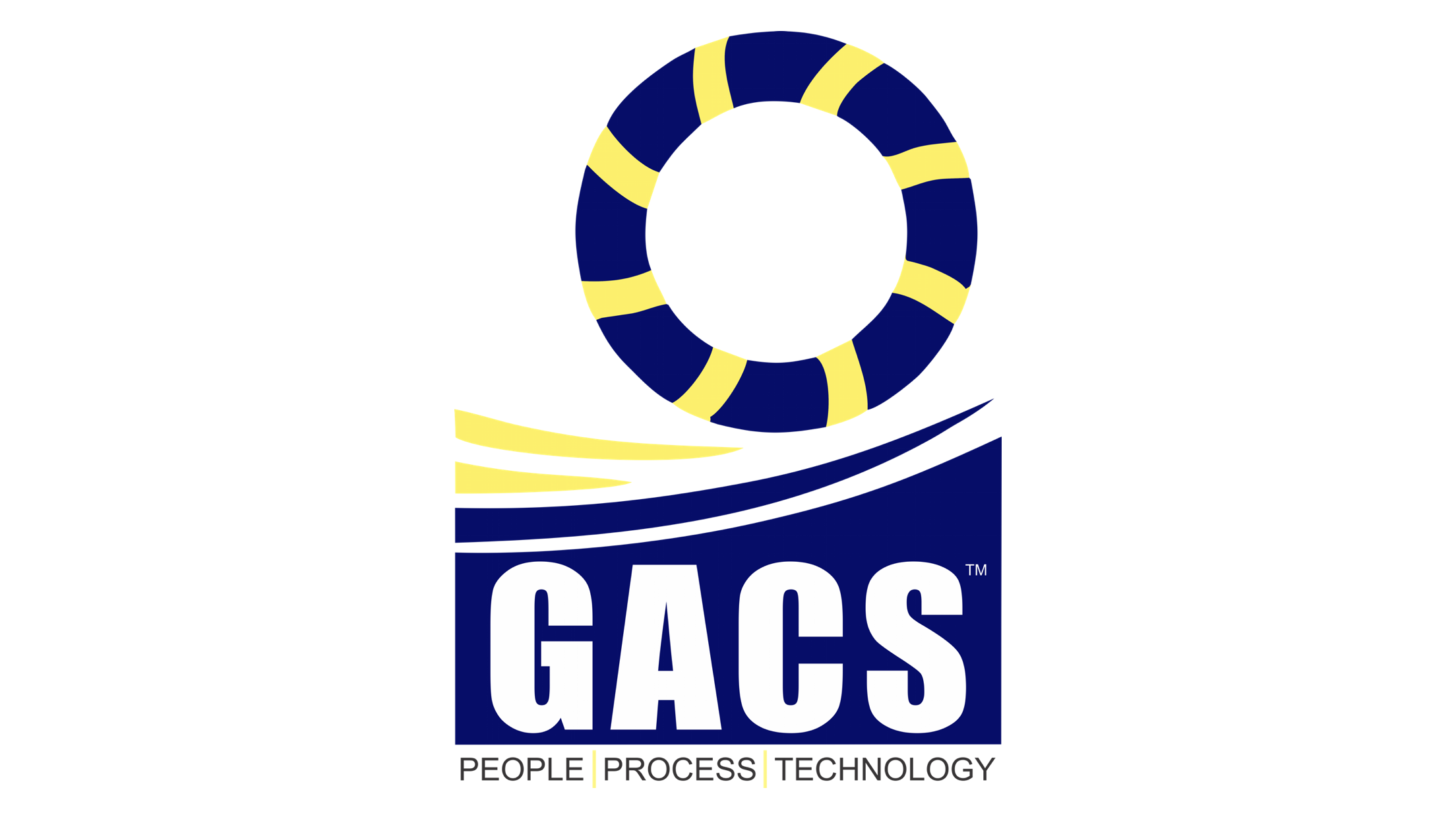
This is a compilation of responses to questionnaires as part of the white-paper for Corporate Wellness Program presented at the Knowledge Conclave of Global Association for Corporate Services (GACS) focusing on Travel, Tourism and Hospitality.
Co-authored by Dr. Divya Parashar and Dr. Rajat Chauhan.
Is there currently a corporate wellness program at your work place?
Is there a room for improvement in the existing corporate wellness Program at your work place?
Will you be willing to pay for a company initiated coprorate wellness program?
How would you rate your fitness on a scale of 10?
How many days in a week do you exercise?
When not doing structured exercises, how physically active are you (stairs, walking etc.)?
Do you think you will not suffer from lifestyle conditions like heart diseases, cancer, diabetes, stroke or psychological disorders?
Have you been advised by a healthcare professional to modify your lifestyle (exercise more, good diet, better sleep etc.)?
IF you have been advised by a healthcare professional to modify your lifestyle, have you done anything about it?
How many motivated are you to participate in a corporate wellness program?
What factors would increase your motivation to participate in a wellness program?
What barriers interfere with your participation in a wellness program?

Co-author of the white-paper on Corporate Wellness Program for Global Association for Corporate Services (GACS).
Dr. Divya Parashar is a Clinical & Rehabilitation Psychologist with over 20 years of experience working with individuals to enhance their potential and function at their best, whatever be their illness or disability. She is a fitness enthusiast, a long distance runner, who strongly believes that optimum health and fitness comes from our interactions—with our bodies, our minds, our selves, and the environment. Divya has used her own experiential learning in dealing with pain and injuries to enable others to perform at their peak.
Divya obtained her Ph.D. in Rehabilitation Psychology at the University of Wisconsin-Madison, USA in 2004. Prior to that she did her Masters and Bachelors in Applied (Clinical Psychology) from the University of Delhi. In addition to her clinical responsibilities, she has been an academician, having worked as an Asst. Professor at the Louisiana State University Health Sciences Centre, USA.
Divya’s core strength lie in the area of mental health counselling & therapy, where she brings the principles of empathy, active communication skills, hope, goals & pathways, and fitness to help achieve optimum health and functioning. She moves away from discussing illness and pathology, and prefers instead to talk about building psychological strengths, opportunities, and reserves that enable individuals to maximize their potential.
Her core philosophy is that wholesome fitness is like running a marathon: it’s not a race against time, against opponents, or even against yourself. It’s about being at your best—in body, mind and soul.

